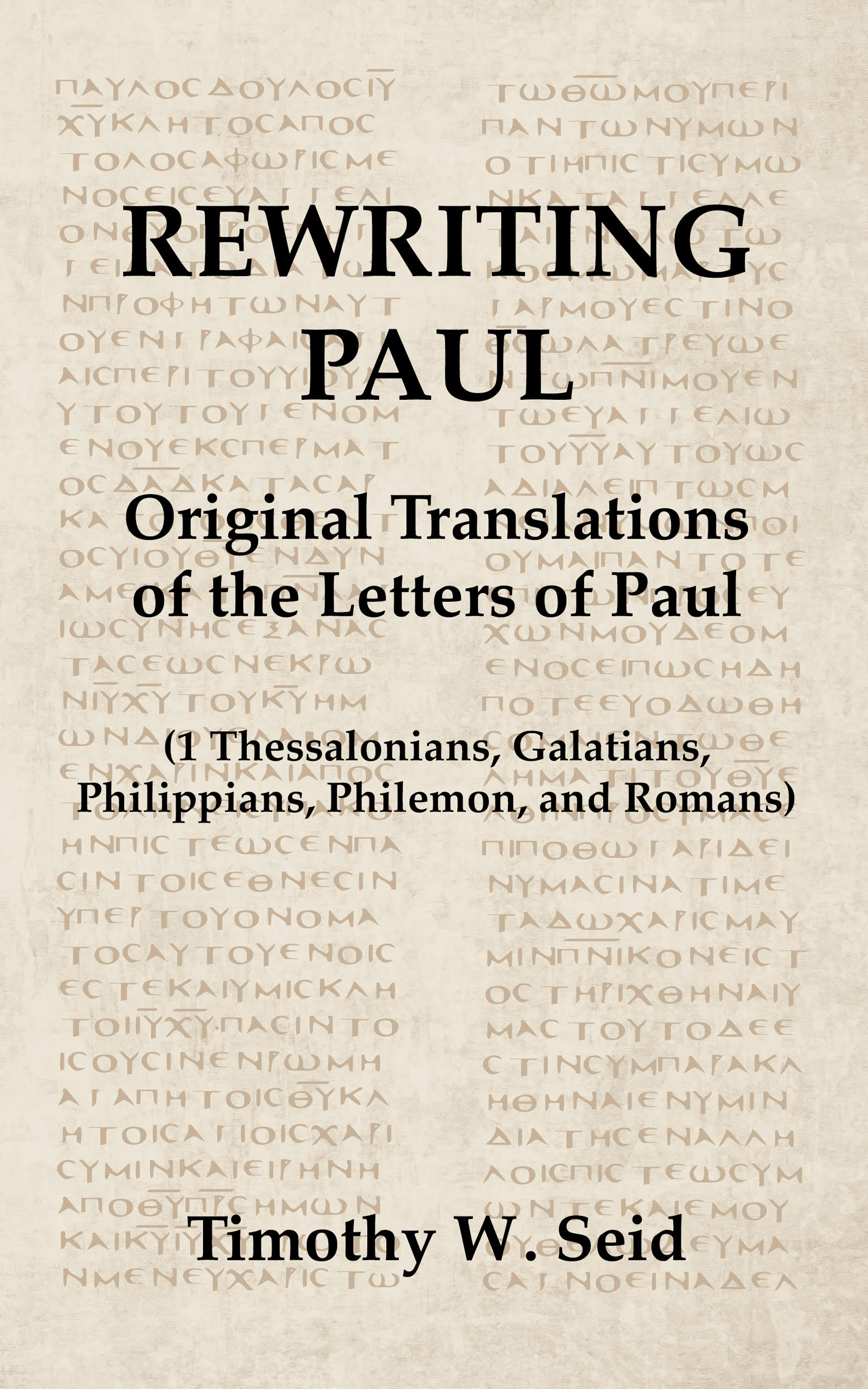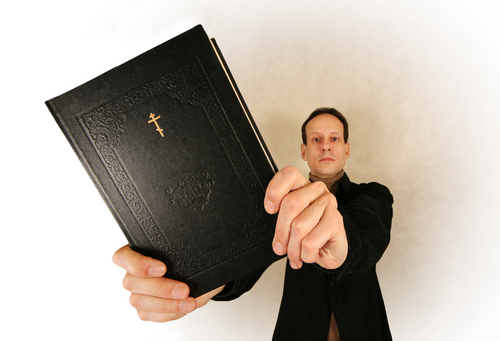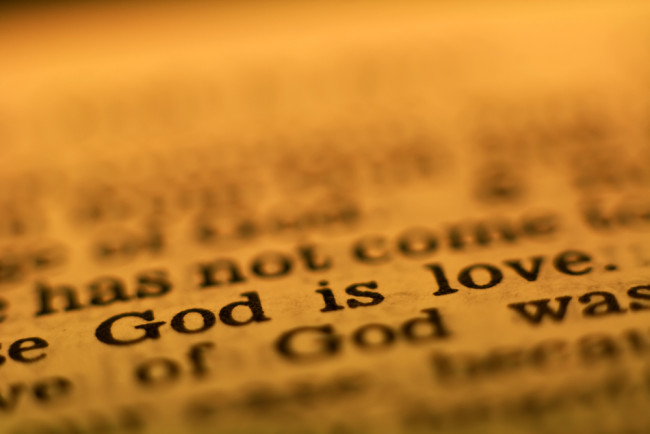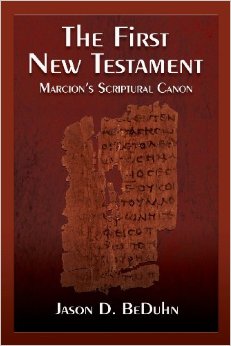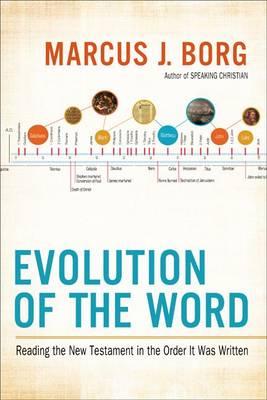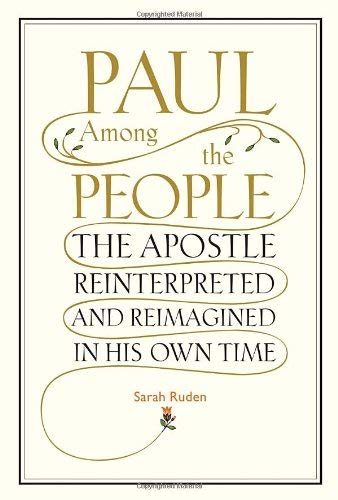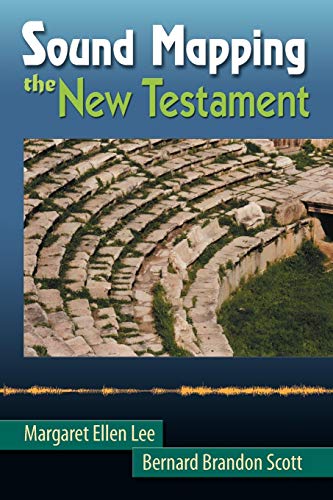(1 Thessalonians, Galatians, Philippians, Philemon, and Romans)
Popular translations of the Bible are too generic for anyone to reach a definitive interpretation and often perpetuate old concepts. Tim Seid takes a bold approach to Christian origins and offers fresh translations of the earliest of the New Testament authors.
In this article, I would like to point out 3 crucial problems that arise when one begins with “plain truths” about the book rather than the Christ, the Logos, the “structuring principle of reality.” (John 1:1–5)
We know what to do. The Universal Declaration of Human Rights begins: “Whereas the peoples of the United Nations have in the Charter reaffirmed their faith in fundamental human rights, in the dignity and worth of the human person and in the equal rights of men and women and have determined to promote social progress and better standards of life in larger freedom.” Unitarian Universalists claim the “inherent worth and dignity of all humanity.” Christians claim the Apostle Paul’s ecstatic revelation that “You are no longer Jew or Greek, no longer slave or freeborn, no longer ‘male and female.’ Instead you all have the same status in the service of God’s anointed Jesus.” Leviticus 19:18 says, “Love your neighbor as yourself.” Jesus said, “Love your enemies.”
“LAUDATO SI’, mi’ Signore” – “Praise be to you, my Lord”. In the words of this beautiful canticle, Saint Francis of Assisi reminds us that our common home is like a sister with whom we share our life and a beautiful mother who opens her arms to embrace us. “Praise be to you, my Lord, through our Sister, Mother Earth, who sustains and governs us, and who produces various fruit with colored flowers and herbs”.
Good stewardship of the Planet is part of the movement for “Eco-justice”: leaving the resources in the ground; insuring a legacy of life for future generations; treating the Planet as an autonomous organism, whose continuing survival depends on the health of its interconnected systems: the earth, the air, the fire, the water.
Satire and Blasphemy in the Teachings of a Galilean Sage
Radical religious extremists with a distorted view of Islam commit horrific acts of terror, executing the staff of a small satirical French publication. The satirists had dared to depict the Prophet Mohammed in cartoon caricature; all the while lampooning those misbegotten adherents who in turn regard such irreverent acts as blasphemous. The Western world reacts with outrage and defiance to such an affront. World leaders join a million person protest and unity march through the streets of Paris, chanting “Je Suis Charlie,” in defense of freedom of speech, and on behalf of the publication’s name. While a clear distinction might be drawn between the use of words and the vehement reactions they may incite, more profound underlying questions remain. While anti-blasphemy laws are common in Muslim countries, countless other "secular" countries have laws against the defamation of religion, as well. Once the dust settles and more thoughtful discussion ensues, one might ask what constitutes the differences between hate speech and freedom of expression? This commentary consider s esus' use of what was deemed blasphemous satire, it's intended purpose, and well-known consequences.
The church as we know it came about when one group of believers was opposed by a dissenting group. Then it became necessary for each group to define their concepts of Christianity and to label all others heretics.
For those like me who see Jesus, not as the divine Son of God in our midst, but as a courageous sage and social prophet, and for those of us who see God as other than an all-powerful distant deity – the language of reverence is rooted in the story of existence and the universe itself. That becomes a religious story whispering of a larger meaning of our existence or in Bumbaugh’s words each of us is “a self present in the singularity that produced the emergent universe; a self present at the birth of the stars; a self related through time to every living thing on this planet; a self that contains within it the seeds of a future we cannot imagine in our wildest flights of fantasy.” That non-traditional evolutionary sacred story invites us to stand in awe; and it calls us to create a whole new vocabulary of reverence even as we commit to cherishing and caring for the earth.
What Does Hebrew Scripture Say about Life After Death? There isn’t much in Hebrew scriptures about life after death. According to Ecclesiastes, death
I think Christian missionaries should live among the people exhibiting their Christianity in their daily lives. If the people see something in their lives that is missing in their own lives they will ask about it, which gives the missionary permission to tell them about their faith.
For Christians grace is God’s gift of pardon. According to William Barclay the Greek word for grace was originally a military term. When an emperor came to the throne or celebrated a birthday, he would give his troops a donatirim (donation), which was a free gift that they had not earned; it was given out of the goodness of the emperor’s heart. This idea was picked up by the Christian scripture writers when they wrote about the grace of God. Grace is something that is unearned and undeserved – unmerited pardon.
On December 20, 2013, conservative biblical scholar Dr. Michael Brown appeared on the (now defunct) CNN's Piers Morgan show to debate the homosexuality issue as it related to the comments that were made by one of the stars of the television show Duck Dynasty, who stated in an interview that homosexuality is a “sin.”
This current series of sermons offers me the opportunity to examine and reflect upon my own faith – and I share those reflections with you, not to tell you what you should believe, but to challenge you to examine your own religious convictions.
When it comes to the existence of the devil, people normally have one of two reactions: they dismiss the devil and scoff at the idea that there is such an entity, or they exalt the devil, and attribute far more to him (or it) than is deserved. In a recent Gallup poll, 70% of Americans believe in the devil. Half of those surveyed believe that he (this evil force is most often referred to in masculine terms) is a personal force, while the other half believes he is an impersonal force. Let us see what the Bible says about Satan, the devil and the evil one.
The earliest version of the New Testament, now in English for the first time! History preserves the name of the person responsible for the first New Testament, the circumstances surrounding his work, and even the date he decided to build a textual foundation for his fledgling Christian community. So why do so few people know about him? Jason BeDuhn introduces Marcion, reconstructs his text, and explores his impact on the study of Luke-Acts, the two-source theory, and the Q hypothesis.
The New Testament in the Order the Books Were Written
the full-text of the New Testament—and one of the only Bibles organized in chronological order and including explanatory annotations that give readers a more informed understanding of the Scripture
There is much discussion in the public arena about homosexuality, access to birth control and access to abortion. I have not heard one person say anything about First Amendment Rights in connection with homosexuality or access to birth control.
Jesus said part of the reason one has to pour New Wine into new wine skins was to preserve the old wine and old wine skins.
The process the early followers of Jesus went through that resulted in the Church of Jesus Christ is fairly long, fairly obscure, and full of pitfalls for those who seek to recreate it.
In Paul Among the People, Sarah Ruden explores the meanings of his words and shows how they might have affected readers in his own time and culture. She describes as well how his writings represented the new church as an alternative to old ways of thinking, feeling, and living.
In the Hellenistic world, writings were read aloud, heard and remembered. But modern exegesis assumes a silent text. The disjuncture between ancient...
Too many Christians blindly accept that the Bible condemns homosexuality, but rarely are the few verses that do so discussed in their textual and cultural settings. The author, a United Church of Christ minister, investigates the small print and finds no support for oppression and bigotry in the name of faith. This article was prompted by protests against the ordination of openly gay clergy in her husband's Lutheran congregation.
That is why I've gone on at such length on the subject. It occurs to me that using religious language as a gloss to indicate moral seriousness doesn't take faith seriously. For that matter, it doesn't take seriously the idea that there are competing worldviews at work in our political discourse, let alone offer a meaningful alternative.

